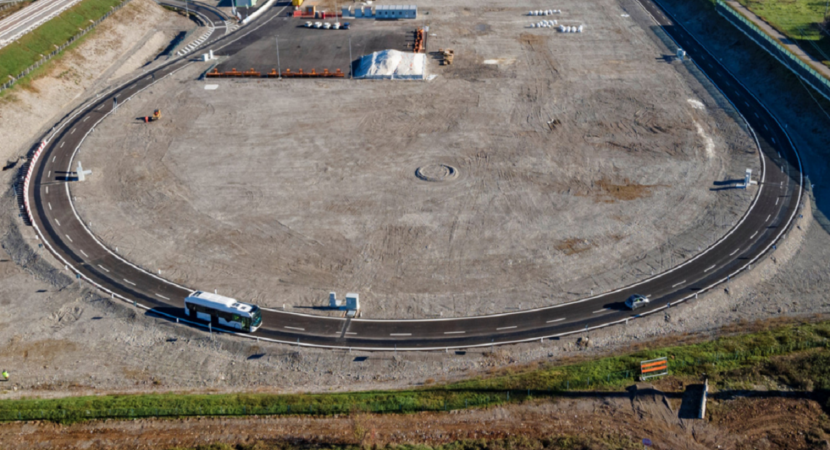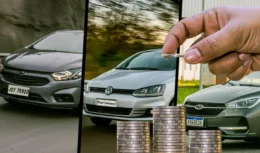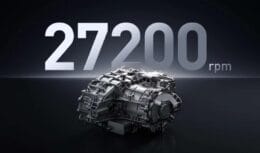
Stellantis develops technology capable of preventing electric cars from charging at charging stations. The company claims the technology can send electricity directly to vehicle engines.
Without a doubt, electric cars will be the future of automotive market. However, recharging and autonomy are still points that the electric sector needs to improve. But the arrival of a new technology could change that. Stellantis is testing a track where electric cars are recharged simply by driving on specific, specially prepared road lanes, without using any wires or cables.
Stellantis technology uses asphalt coils
Stellantis Technology is named after dynamic wireless power transfer, or DWPT, and is a system of coils installed under the asphalt responsible for transferring electricity directly to cars, buses and trucks, without their having to stop at charging stations.
The technology can be adapted to any electric car by means of a special receiver, which transfers the energy generated from the road infrastructure directly to the electric motor, increasing autonomy and conserving battery charge.
The pilot project of stellantis and its partners involved is coordinated by A35 Brebemi, a company that belongs to the global transport infrastructure operator Aleatica, focused on mobility solutions.
The work in the so-called “Arena of the Future” shows that a BEV, such as the new e-500 from Fiat, a Stellantis brand, has been prepared to test whether the system can maintain typical road speeds without consuming any of the energy stored in the battery.
Tests also show that the efficiency of ground energy flow for electric cars is comparable to the efficiency of fast charging stations. In addition, magnetic field strength measurements prove that there is no impact on passengers and the driver.
Volvo starts wireless charging tests
The multinational Volvo is also testing a charging solution in Sweden that allows an electric car to be charged while parked, by induction. Wireless charging technology has already been applied to smartphones and many other devices with great success.
However, charging an electric car without any wires, given the size and performance of its battery, is quite a challenge. The batteries in Volvo's electric cars are modified lithium-ion batteries, similar in design to those used in laptops and electronic devices. These batteries are chosen for their high energy density and longer life cycles, but they vary in endurance, charging speed and duration.
When it comes to smartphones, the lithium battery can be charged wirelessly using a process called induction charging, which is a similar process to what is being tested on Volvo's electric cars.
Other similar projects are being developed to end the long delay in recharging electric vehicles.
In the city of Indiana, in the United States, a company has developed a type of concrete that helps in recharging an electric car in motion, that is, preventing the driver from having to stop to recharge his vehicle and wait for long hours.
The company assured that the concrete can charge the electric cars with 95% efficiency. Magment is the company responsible for designing this concrete model, as well as being responsible for installing this type of new technology.
The US company claims that this project is a big step towards the future, providing dynamic wireless charging for various models of electric cars.











